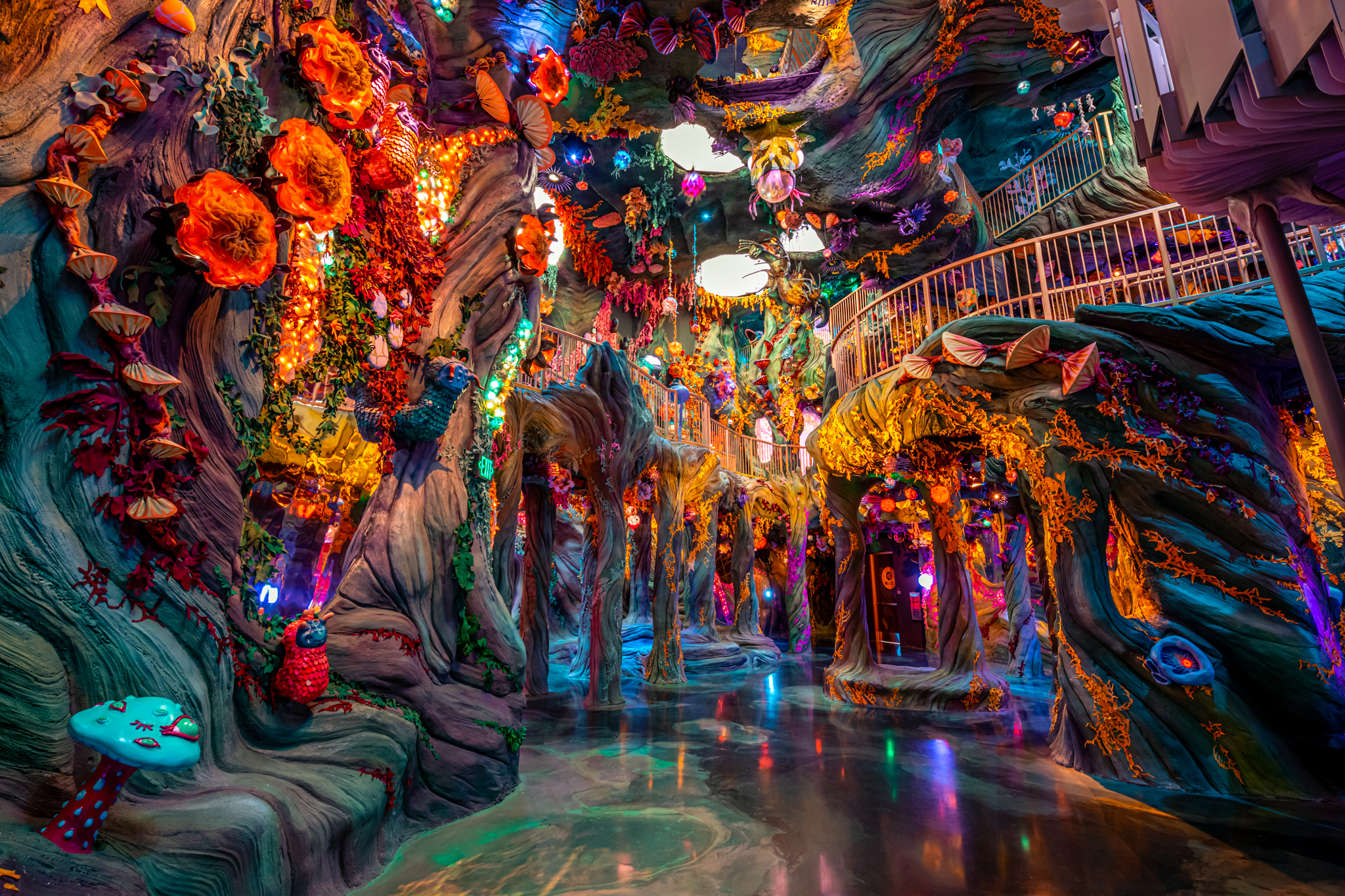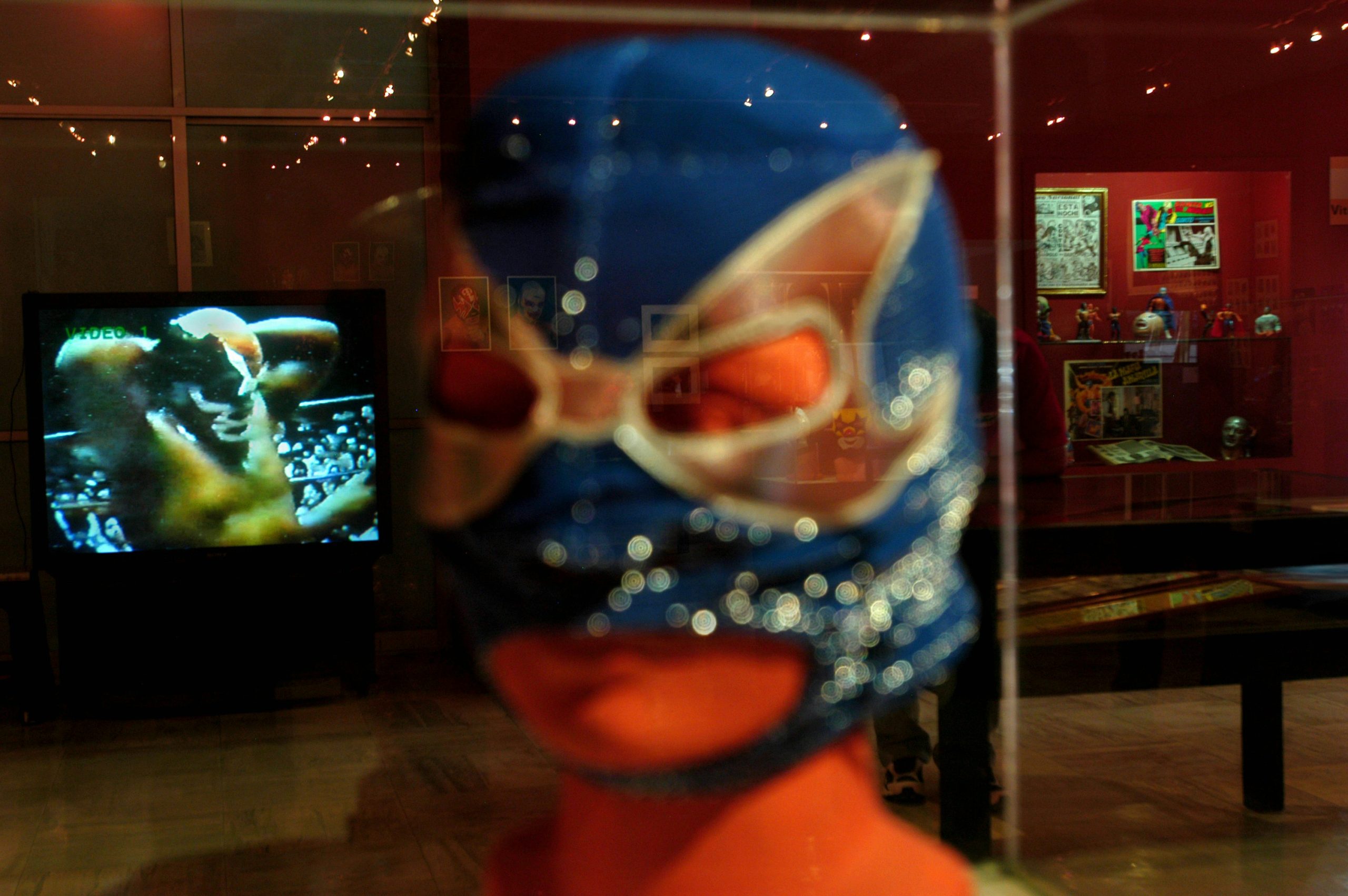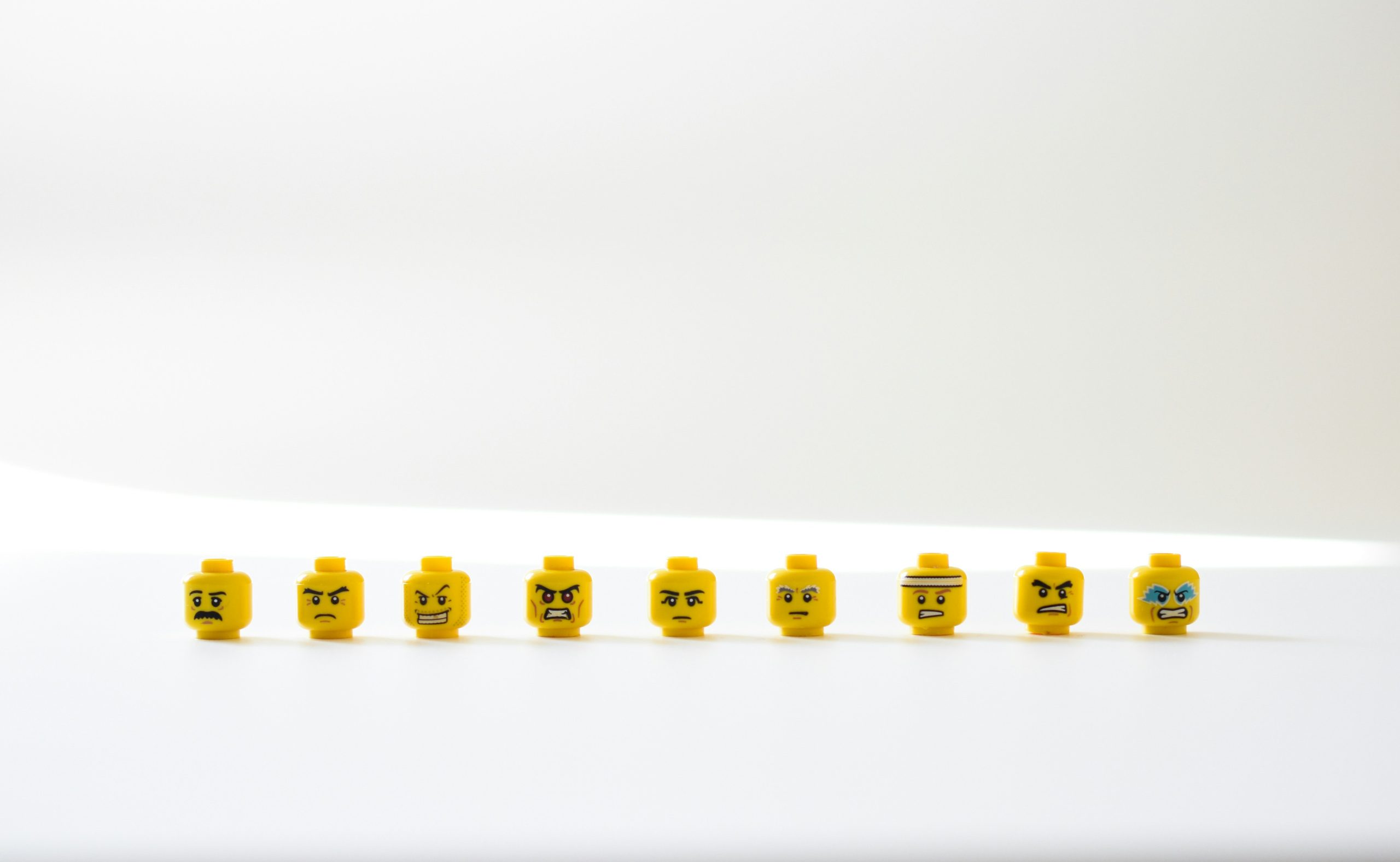Jacob Chancellor is a Creative Producer and the author of Leading Creative People, which teaches people how to manage creative ideas, how to foster an environment for creativity to flourish, and how to ensure longevity for our teams.
Here he explains why experience stagers may actually be creating what Foucault called “heterotopias”: magical, meaningful spaces that exist outside of the mainstream and have their own set of rules and rituals.
According to Michel Foucault’s 1967 theory of Heterotopia, a Heterotopia is a physical (or sometimes conceptual) space that exists outside of mainstream society: one that has its own unique rules, meanings, and functions.
These Heterotopias are known individually as an “other space”, taking the idea of the “third space” one step further. These spaces take one out of normal, everyday life and into a place of psychological and emotional escape that offers, among many things, a personalized experience. In many ways, theme parks, immersive theatre, and select additional artistic immersive experiences can be considered Heterotopias.
Theme Parks As Heterotopias
Theme parks are physical spaces that are designed to transport visitors to different worlds or environments, each with its own set of rules, meanings, and functions – or their own unique set of values.
Visitors to a theme park enter into a different reality where they are encouraged to suspend their disbelief and immerse themselves in the experience. The rules of the outside world do not apply within the theme park, as visitors are given a set of rules and guidelines which are specific to the park’s environment.
We, as visitors of the park, accept these rules and guidelines as the guiding social expectations of the space and play within them. Even those who choose to break such rules, like those who break into backstage areas or closed attractions, or even jump ahead within a queue, are still acknowledging the preferred rules of the space and are choosing to act deviant of those rules.
Existing Outside Of Time And Space
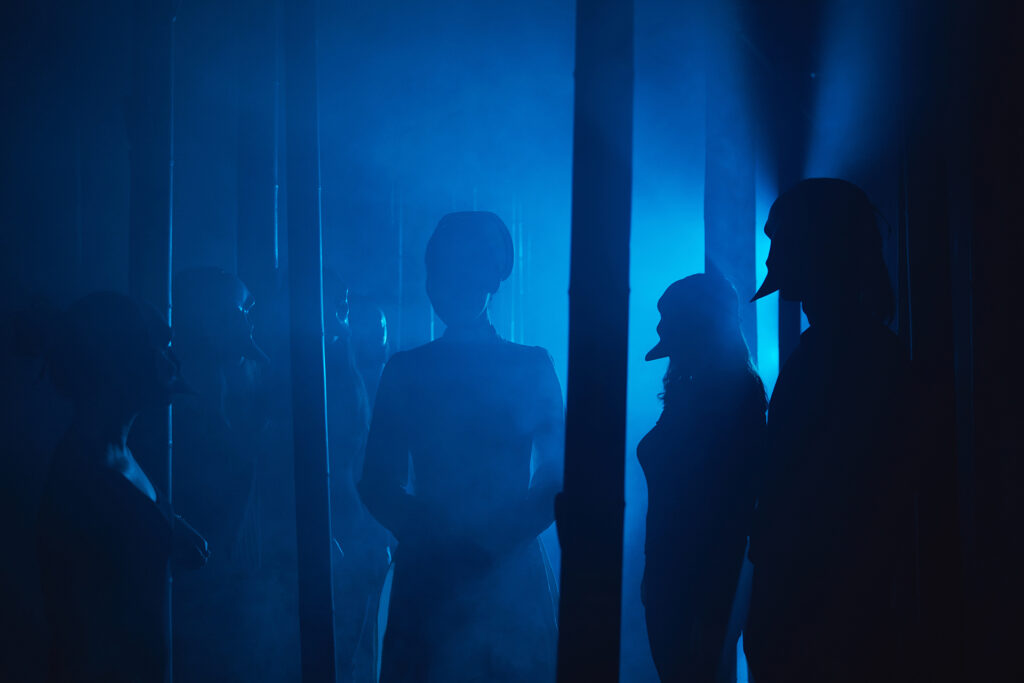
Additionally, Foucault discuses how Heterotopias offer a breakage of time to its occupants. I can personally attest to stepping into a theme park, and after experiencing attractions, entertainment, food and drink, and shopping, have found myself with a total lost sense of time. Time, and the everyday “mundane” aspects of life, tend to melt away as I decide to play within these juxtaposed spaces.
A Heterotopia is filled with juxtaposed, or contrasting, elements, whether conceptual (a medieval fantasy village in the middle of a Florida swamp) or physical (a large, 4D, European castle area with a 3D film attraction inside set to orchestral music). And yet, we accept those contrasting truths within the confines of the artistic experiential space.
Heterotopias are also both open and closed. They are (almost always) real places that we can see. Driving up to the “big one” in central Florida, participants can see that large European castle – open – but are unable to enter the place unless they have access (tickets) – closed.
The Multiplicity Of Meanings
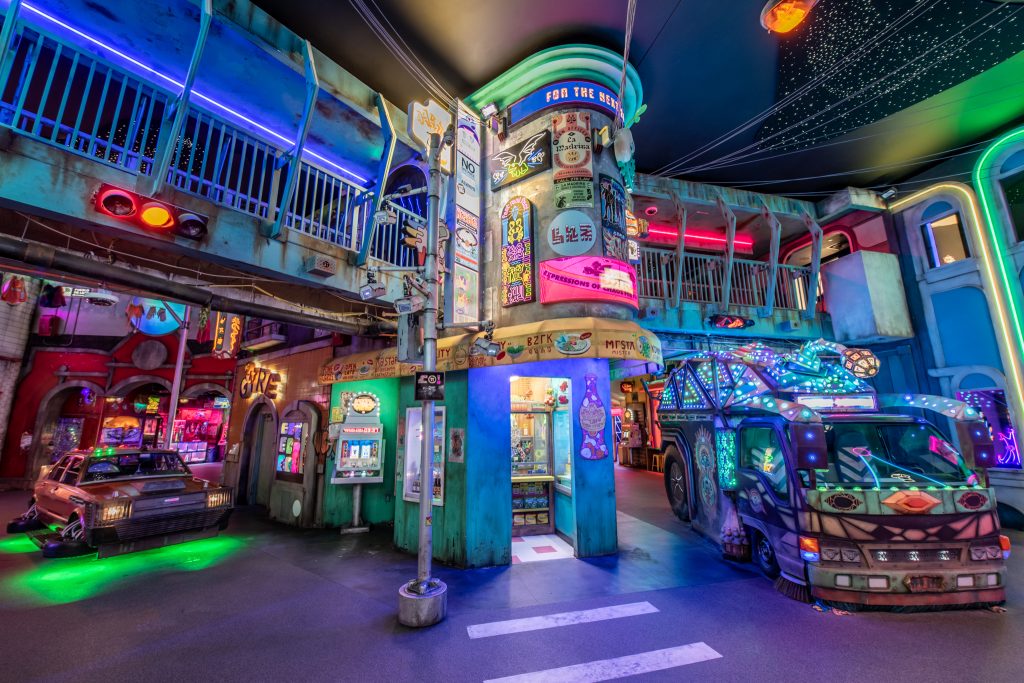
But by far the biggest piece of Heterotopia, one which elevates an experience to this next level, is the meaning in which it gives those who participate. Heterotopias are meaningful places – and they mean different things to the different societies or factions of people who enter them.
I’ve seen some people cry when they see that big European castle for the first time, and I’ve seen some people roll their eyes. Inside that fantasy magical park, some people dress up in outfits that hint at their favorite characters, while others wear t-shirts that crack jokes at how expensive their day has been. Different types of people and communities with different meanings and relationships exist within the space.
The folks at Meow Wolf produce Heterotopia, and so do those at Punchdrunk. These are artistic experiences within a space that become meaningful to those who enter it.
Elevating The Oridinary To The Extraordinary
Heterotopia experiences can exist in other spaces as well, not just within artistic experiences. Target is a consumer-based Heterotopia. The brightly-lit, not-just-grocery store offers a place of escapism for some, rather than an ordinary place for shopping.
I know people who go to Target because they just want to go, not because they necessarily need to shop for an item. Starbucks is also a place where different people go for different reasons, many because it is familiar and welcoming. Starbucks not only has turned the coffee bean into an experience (as spoken by Joe Pine), but has turned the coffee shop experience into a meaningful place. That is Heterotopia.
In many ways, these elevated experiences are real examples of the Heterotopias that Foucault describes, providing visitors with a unique and immersive experience that exists outside of mainstream society.
By creating a physical space that is separate from the outside world, stagers of Heterotopia provide visitors with a place to escape to and explore within. We, as experience designers, stagers, makers, and dreamers, should aim to create Heterotopias where visitors can experience something at a deep, emotional level.
To get more insights from experts in the Experience Economy, attend digital and IRL events, and access our exclusive online community, apply to join the WXO now.

